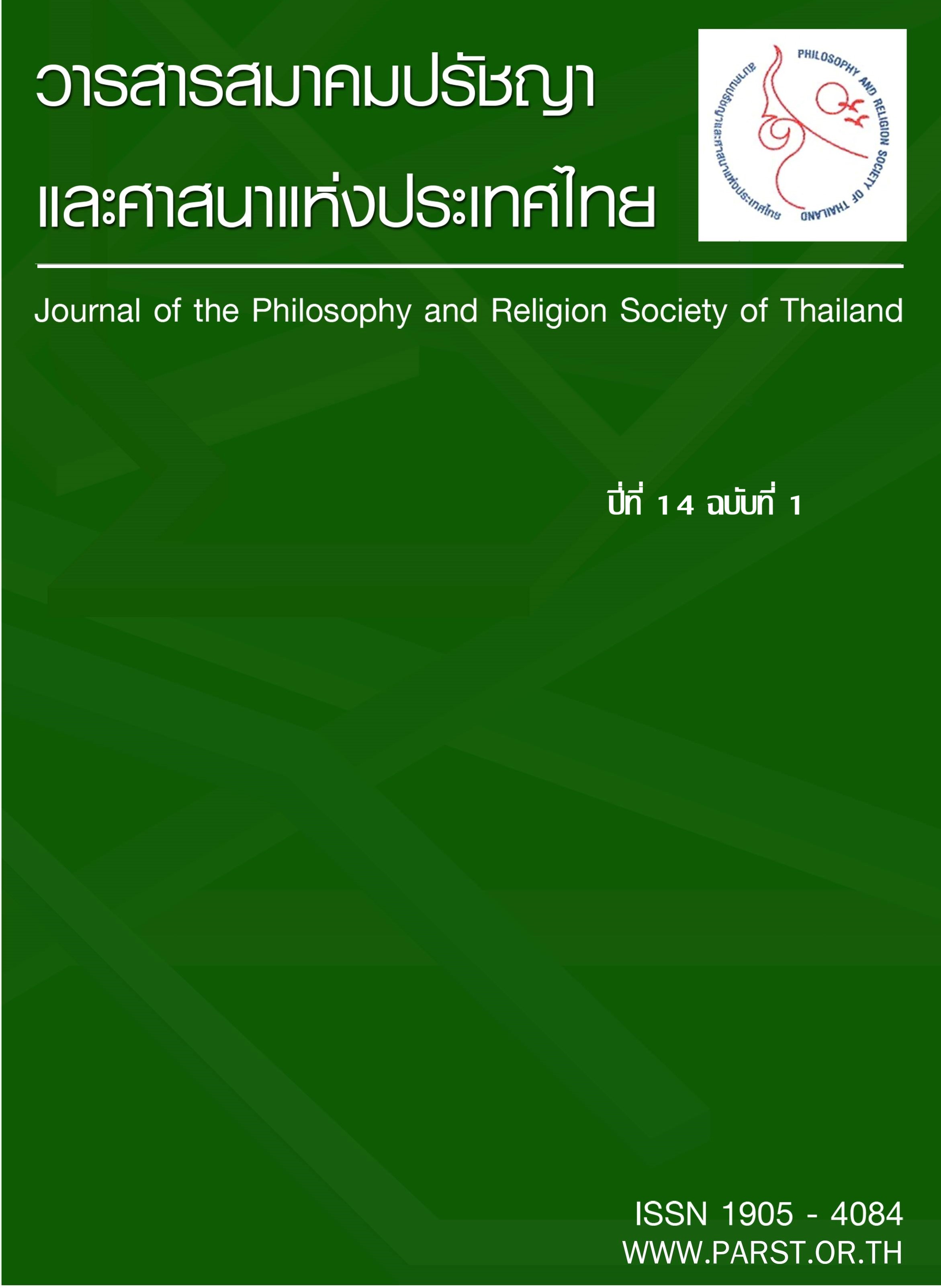นวัตกรรมการเรียนรู้: การศึกษาที่พลิกผันด้วยการปฏิวัติดิจิทัล (Educational Innovation: Education disrupted by Digital Revolution)
Main Article Content
Abstract
Three decades of the digital revolution disrupts many fields of society, affecting education has three important aspects, that is. 1) Knowledge, once possessed in the hands of experts in any disciplines, self-authorized, limited accessing, is changed to ‘new knowledge’, accessed unlimitedly by anyone using internet, more than using, one can produce and turn new knowledge back to the internet. This new situation is called ‘democratization of knowledge’.
2) New technology changes youth brains in the way of perception and interpretation from the older generation so much that this new generation is called Homo Digitalus, Homo Interneticus or so-called the ‘digital native’. So, the traditional education system does not fit with the way on youth learning.
3) Digital technology disrupts the business and society, and the new ‘fast capitalism’ needs the new ‘knowledge workers’ fitting with the new working system and satisfying the new needs of people in the digital era. New workers should have skills of thinking, self-creativity in works, team working, work harmonizedly with diverse people, lateral thinking, and skill of solving the unknowable problems.
These changes affected profoundly the traditional education system, limited with space, standardized classes, curriculums, teachers and students. Courses, teaching and classroom learning became obsolete and obstructed youth learning. Classroom should be extended to the outer world, the society. Curriculums should be updated by collaboratively learning with professional communities. Internet is the source of new knowledge that connects all learners globally, the learning community.
Fulfilling all these tasks, the new education should use many kinds of media guided by the pedagogy of ‘multiliteracies’, this teaches the ‘knowldege process’ composed of 4 steps. 1) Experiencing or situated practice. 2) Conceptualizing, that is ‘naming’ and ‘theorizing’ 3) Critical framing, that is ‘functional analysis’ and ‘critical analysis’. 4) Applying or Transformed practice. Summarily, new education aims learners to change or better their societies or professional communities. So, to achieve these objectives, new education has to measure and evaluate learners’ improvement in these aspects, individual personality, learning community, that is soft skills and professionalism, and society, that is localism or nationalism and globalized world. All these successes are record in each portfolio.
Article Details
Articles published in the journal are licensed under the CC Attribution-NonCommercial 4.0 format. Articles can be freely reused or republished provided that they are reused or republished or republished for non-commercial purposes, and that proper credit must be given to the author and the journal.


